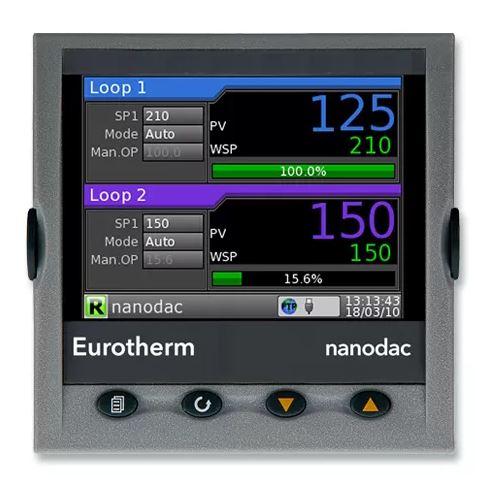In this article, we will talk about some basic troubleshooting steps that you can follow in case your Dell Inspiron laptop suddenly slows down or crashes. The speed of the laptop or computer is directly related to the processing power of the CPU and RAM. Hence, a laptop with a lesser amount of RAM and processor speed will run more slowly than one having plenty of both. On the other hand, if you have a laptop with poor battery life or no battery at all, then it would be impossible to boost up the laptop’s speed.
Thus, these are some useful tips on how to speed up a Dell Inspiron laptop.
- The first and the most important step on how to speed up Dell Inspiron laptop is to check the Windows operating system of your laptop for any potential problems such as virus or malware attack. If you find any virus on your hard drive, then delete them immediately. Also, make sure that your hard drive’s RPM has been enabled so that your PC can use your new drive properly. Both of these steps will ensure the smooth running of the windows operating system.
- The next step is to optimize or clean up your laptop’s hard disk, especially if your laptop has gotten old and slow over the years. You can do so by going to Start | Control Panel | Disk Optimization Tools} and select Disk Cleanup. Select the entire disk and clear all the files, folders, and partitions that are not needed. It would be better if you use the automated disk cleanup tool instead of doing it manually, as the latter may cause damage to other essential data stored on your hard disk.
- Now, in order to speed up the Dell Inspiron laptop, you have to identify which parts of your laptop’s hard drive need to be repaired or optimized. For this, you have to go to System and Maintenance and select Disk Defragmenter. This will enable your computer to reorganize your hard drive so that all the bad sectors on your disk will be deleted and only the good sectors will remain. The repair bad sectors program will also speed up Dell Inspiron by improving the read and write speeds of the partitioned drives.
- To speed up the Dell Inspiron laptop, you can defragment your disk space frequently. You can either do it manually or automate the procedure using a Windows defragmenter. Go to Start | Control Panel | Disk Defragmenter | Disk Optimizer, and then click the button “Defragment Now”. By using a Windows defragmenter, your computer will be able to organize all your files in an order where the most-used files are located. When the process is complete, you should notice a significant speed improvement on your Dell Inspiron laptop. In addition, it will no longer be necessary for you to physically defragment your computer.
- In order to speed up the Dell Inspiron laptop, you can also repair bad sectors and optimize your hard disk. There are certain programs that can help you do this. All you have to do is to download the software CD from the website, install it, and then let it perform defragmentation on your system. When the process is completed, you can expect an improved startup time and fewer errors while starting up your system.
- Another trick that many users have found out to speed up Dell Inspiron laptops is to clean up the registry. The registry is a very important part of your laptop’s operating system as it is where all the critical software that is installed in your system is kept. Unfortunately, all applications that you install will leave some data within the registry which is not needed any longer. Therefore, it causes many users to experience a slow startup time, sluggishness, and even a lot of errors.
To speed up Dell Inspiron notebook, all you have to do is to use the device manager. By using the device manager, you will be able to locate all the components such as your keyboard, mouse, monitor, printer, hard drive, sound card, and others. You can then disable the ones which you do not require and optimize the remaining ones. You can also perform a right-click search on the hard drive and locate all the files which are taking up space in your system, and delete them to free up some more space in your PC.


